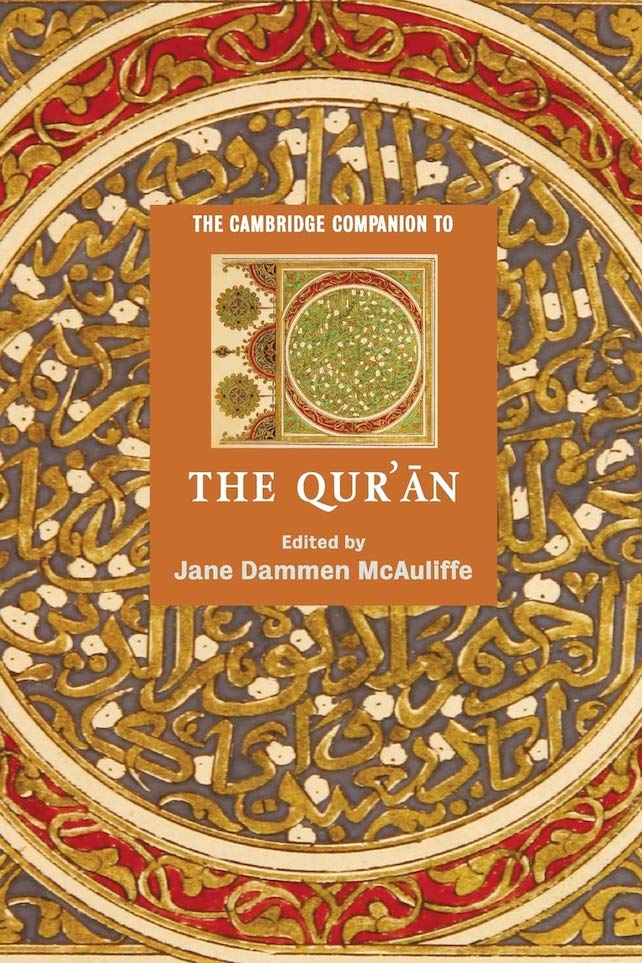

īoulton, William Pecht, Michael Tucker, William Wennberg, Sam. “Ethnic harmony on show in Malaysian street,” BBC News. Available at: īBC, “Saudi Arabia detains seven activists agead of lifting of driving ban.” BBC News. “'Believing Women' in Islam: Unreading Patriarchal Interpretations of the Qur'an.” (University of Texas: 2016).īBC. “Report on Malaysia Oil and Gas Exploration and production.” (2011). “Honey, I shrunk the Chinese.” (December 9, 2009). “Labor Force Participation of women in Malaysia.” Īng, Helen.

This analysis identifies to what extent oil revenues are causing gender inequality, answering why Malaysia as a Muslim country, rich on natural resources, can enjoy a lower level of gender inequality compared to the Middle East and North African region in order to identify not quantifiable variables impacting the status of women in Muslim majority countries.Ību Bakar, Nor’Aznin Abdullah, Norehan. The case of Malaysia serves as the counter-argument, proving the existence of counter variables, mitigating the negative influence of oil revenues and Islam religiosity in Malaysia, causing deep gender gaps in countries of MENA.

Research provides a complex analysis of the case of Malaysia, as a country rich in natural resources, having Muslim majority population, but still considered as a relatively gender equal society. The study is analyzing the effect of oil revenues and Islam on gender inequality in order to answer why women in some of the Muslim oil abundant countries are doing better than in the Middle East and North Africa, where women suffer from highest gender inequality indexes. The extraordinary wealth flowing from mineral and natural resources mixed with Islamist religion can contribute to the formation of gender inequalities in Muslim majority Petro countries. This thesis uses qualitative research methods to elaborate the variables influencing the status of women in Muslim majority Petro-states. Gender Inequality in Muslim Majority Petro-States: Implications for Women’s Status in Malaysia


 0 kommentar(er)
0 kommentar(er)
